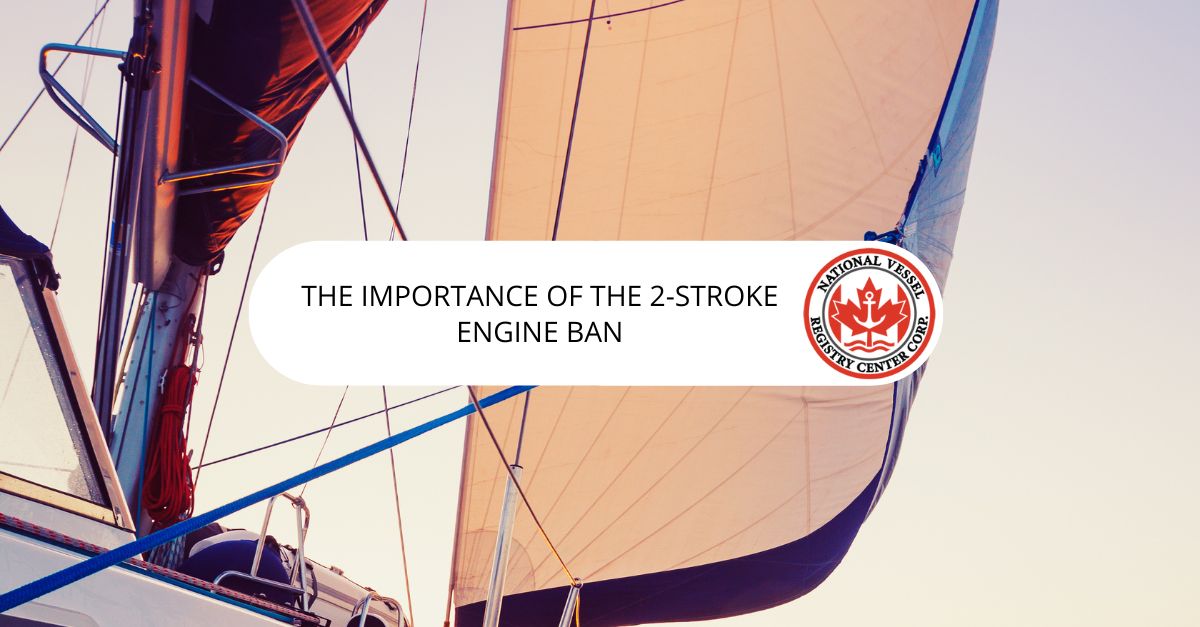The 2 stroke engine ban is an important step to protect the environment and ensure everyone can breathe clean air. Please tell me you don’t want to live in a society where air pollution is an unattended matter. The smog produced by the burning of 2-stroke motors seriously affects the ecosystem. The more we rely on 2-stroke motors, the more air pollution we release into the atmosphere.
It is not enough to reduce pollution from cars; we must do away with them entirely. There has always been evidence that 2 stroke motors are bad for our health, but this new information shows they are also awful for the ecology, which are related. Multiple studies have concluded that fumes from 2-stroke motors are highly harmful and can have lasting effects on human health. The significance of outlawing 2-stroke engines includes the following:
Reduces Air Pollution
Cities can face significant challenges from the effects of polluted air. People who breathe in the pollution in the air due to the presence of industries and automobiles are at risk of becoming ill. However, the air pollution caused by automobiles and motorcycles is among the most severe. They consume petroleum, which is composed of various components, one of which is benzene.
Sometimes the gasoline doesn’t burn all the way, and when this happens, minute fragments or droplets of unburned gasoline can be seen coming out of the exhaust pipe. These extremely minute fragments of burned petroleum primarily contribute to air pollution. To lower levels of air pollution, several nations have started to outlaw the use of two-stroke engines in automobiles. Two-stroke engines power the majority of lightweight motorcycles and motocross bikes.
Saves Money and Resources
The other significant characteristic of the 2-stroke engine ban is that it reduces costs and conserves resources. When you have an engine with two strokes, the compartment in which the engine operates mixes the gasoline and lubricant. This indicates that whenever you go out on the water in your boat, you bring along a quantity of gasoline and lubricant that does not need to be there in the first place.
This has the potential to become quite significant over time. In addition, gasoline and oil could seep into the ocean, which would harm the environment. If you have an electric engine, the likelihood is high that you will move around with the assistance of a boat trailer. However, using a boat trailer requires more petroleum when driving on land.
More Environmentally Friendly
A prohibition on two-stroke boat motors was enacted to save marine ecosystems and raise living standards. This is an enormous win because cutting carbon pollution is crucial in the fight against global warming. Air pollution from the dark fumes produced by these vehicles is a significant contributor to health problems. Another negative side-effect of these vehicles is the risk of oil leaks, which can devastate aquatic ecosystems. Reducing noise pollution, which is hazardous to the ears of people and creatures, is a major advantage of the prohibition.
And if all that weren’t enough, there’s another, subtler justification for the prohibition. While 2 stroke engines are more affordable for customers, they also pose a greater risk to operators due to their required gas combination. It has been established that this gas combination is extremely explosive. Because of this, numerous mishaps have involved fires in such motors. When these go off, they can cause bodily harm and death.
2 stroke Engine Ban Keeps Our Oceans Clean and Sustainable
In the past, two-stroke engines worked perfectly well for brief excursions in the small vessels that were accessible. This was the case for both sail and power boats. They were inexpensive and simple to operate, and if you understood how to keep them in good condition, they were also quite durable. Nevertheless, it became abundantly obvious that there was a problem as our population increased and more people started to travel in bigger vehicles for longer distances and over greater stretches of water as travel options became more accessible.
The byproducts of these engines contributed to the pollution of the waters, most noticeably in the regions around the major harbors at which these vessels would land. The quantity of pollutants derived from hydrocarbons discharged into the atmosphere due to the operation of these engines is one of the most significant causes for concern.
In case you need any form regarding boating, The National Vessel Registry Center, Corp. is your one-stop site to register or title your boat or vessel. Our staff is dedicated to helping you through the process. If you want to get started on your registration, contact us today.


